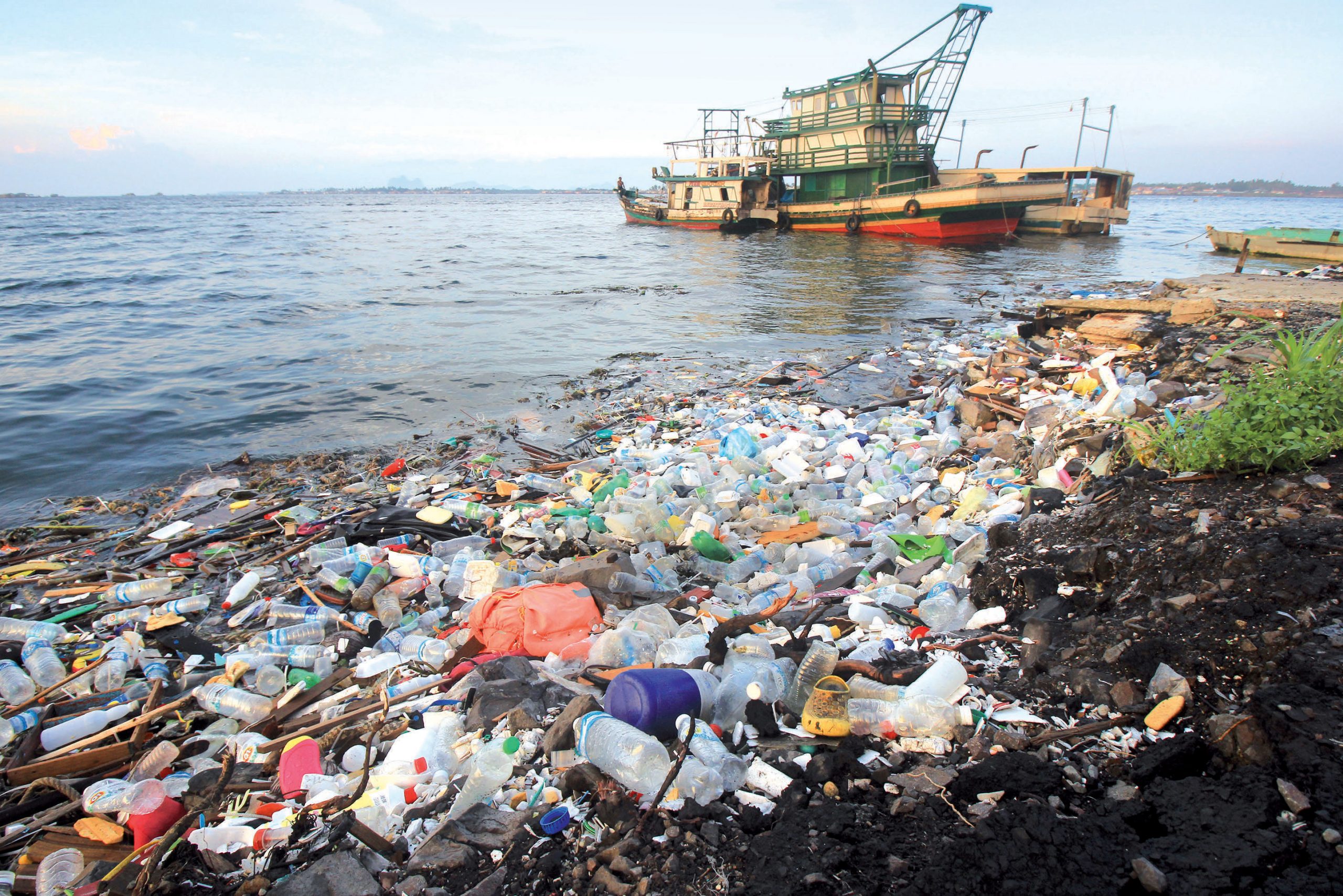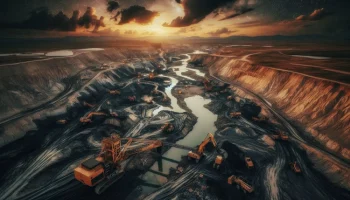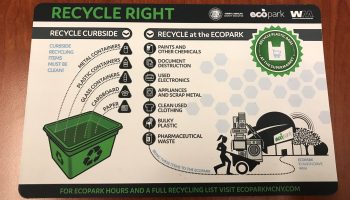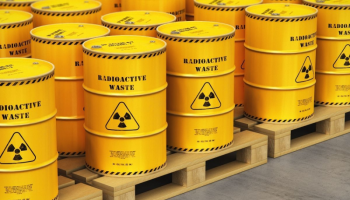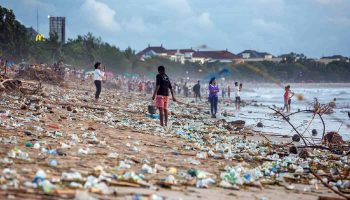Ocean dumping is defined as the illegal dumping of trash, wastewater, waste chemicals, and building debris into the ocean. In many circumstances, ocean waste disposal is regulated and managed. Tankers and ships are also dumping harmful pollutants into the ocean. They’re even being illegally dumped inside the oceans around the coasts.
Toxicology Of The Marine Environment
Carriers unintentionally or purposefully spill crude oil into to the sea. This is a major contributing factor in the degradation of the ocean’s ecosystem.
Dumping of industrial effluents is another cause of maritime contamination. Among the pollutants found in these items include mercury (from PCBs), polychlorinated biphenyls (PAHs), and radioactive substances.
Trash and debris are washed into the lake by heavy rains and floods.
Partially treated and untreated sewage water, including human waste, ends up in the ocean. Known as “trash dumping,” this is a major contributor to ocean pollution.
Automobiles produce carbon dioxide because they burn fossil fuels. Air pollution is a result of this. Acid rain, a byproduct of atmospheric carbon dioxide, contaminates the oceans.
Ocean Dumping’s Harmful Side Effects
Ocean life and coral reefs are at risk when oil spills into open waters. In reality, they have the potential to have a significant impact on the life cycle. Oil can plug fish gills, preventing them from breathing. A maritime plant’s ability to photosynthesis will be harmed if sunlight is obstructed.
Not only do these pollutants harm marine life, and they also harm humans. If the fish are infected, for example, catching and eating one could result in food illness.
It is possible that waste dumped into to the ocean will reduce oxygen levels. Marine life suffers from a shortage of oxygen as a result. Fish, seals, and other ocean-dwelling creatures are at risk of extinction as well as their relatives the aforementioned species.
Suffocation or suffocation can occur when marine life comes into contact with plastics such as bottles or bags. They may mistake them for food and consume them. Among turtles, plastic items are a leading cause of death. They mistake plastic bags for jellyfish and attempt to consume them.
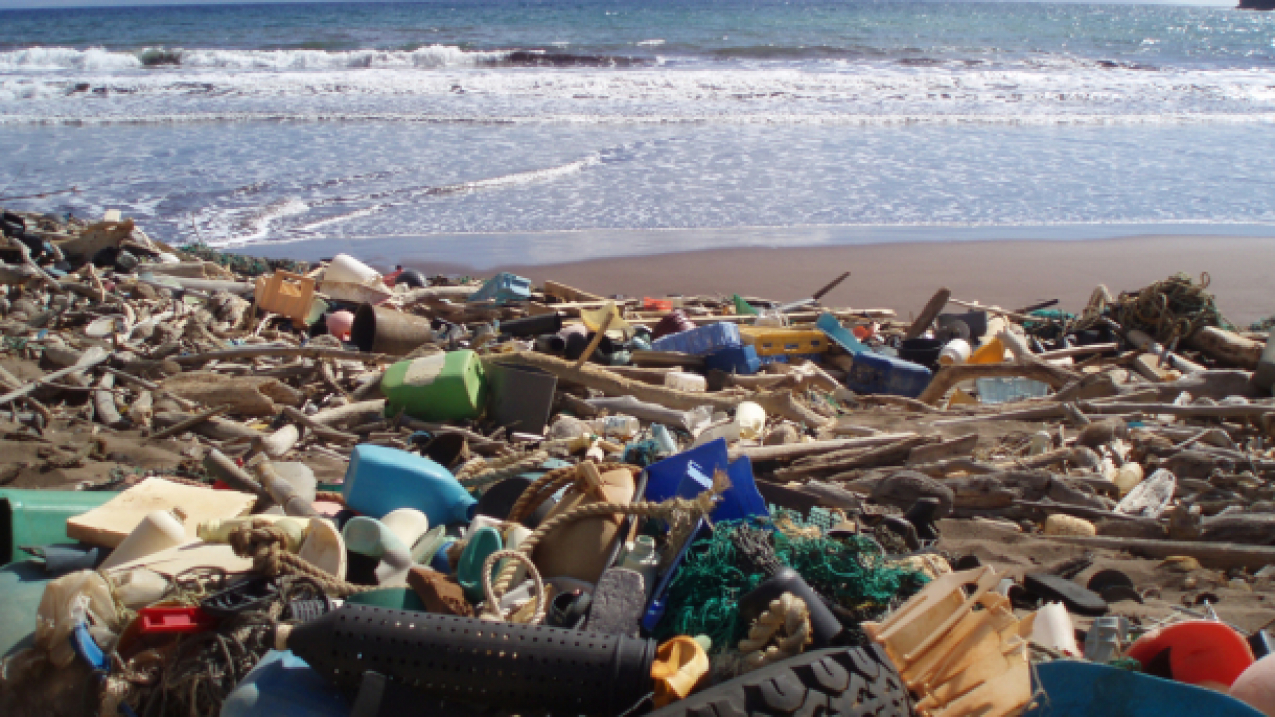
It is our own negligence that has resulted in the negative consequences of ocean waste dumping. Many marine species have been threatened by chemicals that humans flush down the toilet every day, such as cleaning products. Remember that ocean life is an important part of the food supply. Other animals devour fish and marine species as well. For other fishes and bears, a primary source of food is found in the ocean floor.
To conserve our oceans, there is a lot people can do. To begin, make sure they’re free of debris and don’t put anything in them. It also is a smart option to maintain the beach tidy. Beach trash can easily be swept into the ocean. One further thing that to do is to quit flushing harmful substances like paint or oil down the toilet. In those other words, store water and stop using harmful household items.
You’ll be able to see why ocean dumping is a bad idea now that they know the causes and effects. You don’t appreciate how precious water is until you don’t have any. Remember the reasons, think about the animals, and keep them in mind at all times. We can put an end to ocean dumping once and for all if we all band together.

